WASHINGTON, D.C. (Army News Service, May 5, 2008) - The National Capital Region Joint Motorcycle Safety Event, hosted by the Department of the Army at the Pentagon May 2-3, provided safe-riding demonstrations, ridership skill competitions, and a motorcycle rally.
The Motorcycle Safety Event aimed at encouraging servicemembers returning from deployment to take safety courses and use proper gear when riding.
The first day of the event featured several safety and skill demonstrations from the Total Control Advanced Riding Clinic and the Pentagon Police, and provided riders an opportunity to participate in a motorcycle rodeo. A motorcycle rodeo is a series of games where motorcyclists can show off their skills, and include competitions such as the "slow ride."
On May 3, riders met early at the Pentagon and held a rally, complete with safety briefing, until noon. The motorcycle enthusiasts rode from the Pentagon North parking lot to Mt. Vernon via the George Washington Memorial Parkway and back for the rally.
"Motorcycle safety is something we must take very, very seriously," said Mary Peters, secretary of the Department of Transportation.
As the keynote speaker May 2, Peters emphasized the importance of proper safety training and gear. Motorcycle fatalities in the United States have increased steadily since 1997, she said. Many of those fatalities could have been prevented through safe-riding techniques and appropriate gear.
An avid motorcyclist, Peters was in a crash in 2005.
"The protective gear saved my injuries from being worse than they were," she said.
Proper safety gear includes boots that cover the ankle, motorcycle-riding jacket and pants, gloves, safety vest, and most importantly, a helmet. Peters encouraged all riders to wear DOT-certified helmets, as novelty helmets may not provide as much protection.
Maj. Gen. James W. Nuttall, deputy director of the Army National Guard, said there were 13 motorcycle fatalities in the Guard and 21 in the Army this year. Military leaders must "emphasize safety" to help reduce the number of fatal accidents, he said.
Motorcycle safety courses are required for Soldiers who want to ride and are provided by the Motorcycle Safety Foundation at Army installations. The courses are given to Soldiers and Department of Defense civilians free of charge.
The U.S. Army Combat Readiness/Safety Center provides written guidelines for safe riding, proper gear, and information on where to sign up for training courses.
"We want to offer as much advanced training as we can to the Soldier," said Joe Blackburn, program manager of the Army Traffic Safety Training Program for Cape Fox Professional Services.
The Army has contracted CFPS to provide basic and experienced motorcycle training courses to Soldiers.
CFPS is working with the Army to develop mentoring programs, where officers would help junior riders learn the basics of motorcycling. The company is also working to develop a sport bike training course in conjunction with the MSF, said Joseph D. Sette, vice president of the Safety and Training Division.
Total Control is partnered with CFPS to provide Soldiers with advanced riding courses focusing on controlling high-horsepower bikes and dealing with the mental aspects of riding.
The Army is concerned Soldiers and other servicemembers are buying powerful bikes without knowing how to properly handle them when returning from deployment, said Tracy Martin, lead developer and instructor for Total Control. He said the courses teach correct technique and how to deal with fear, concentration and attitude.
"When Soldiers take the classes, they start getting excited," he said, "They tell all their friends. The cool thing now is going around a turn the right way."
"The most important tip is to ride like everybody is out to kill you," said Col. Chuck Bush, motorcycle enthusiast since 1988. Defensive driving is critical in motorcycle riding, he said.
Throughout the day, participants had the opportunity to speak with representatives from CFPS, Total Control and the Pentagon Police. They also experienced simulated motorcycle rides and visited various information booths from across the services.
Catherine Bell, actress starring in "Army Wives" and a motorcycle rider, encouraged Soldiers to ride with forethought and consideration.
"Be as smart at home as you are on the job," she said. "Find the balance between risk taking and enjoying your ride safely."
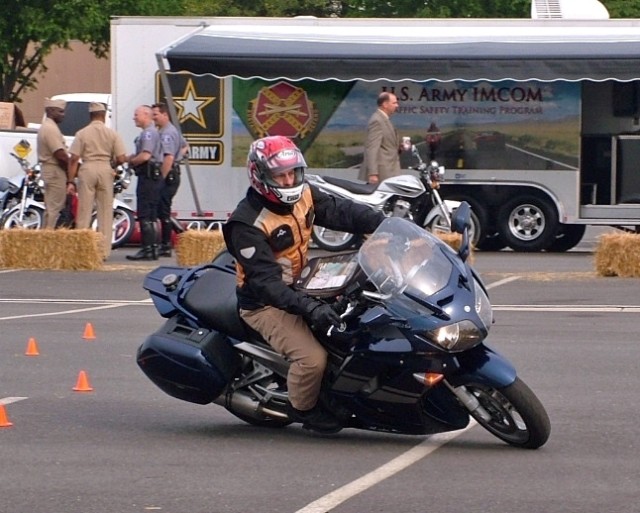
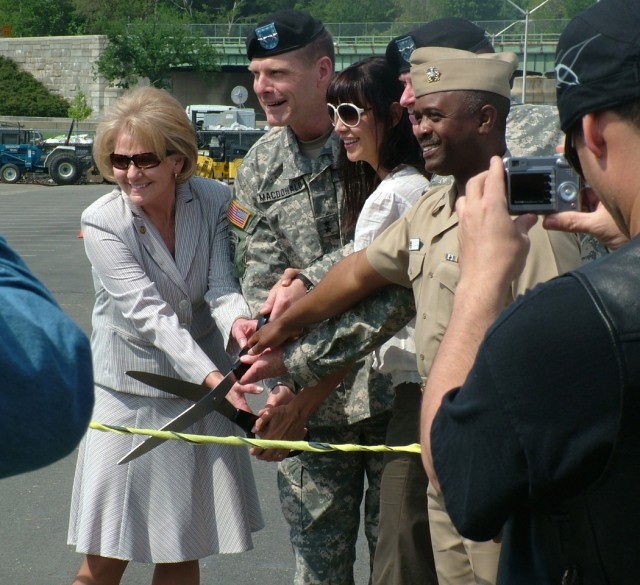
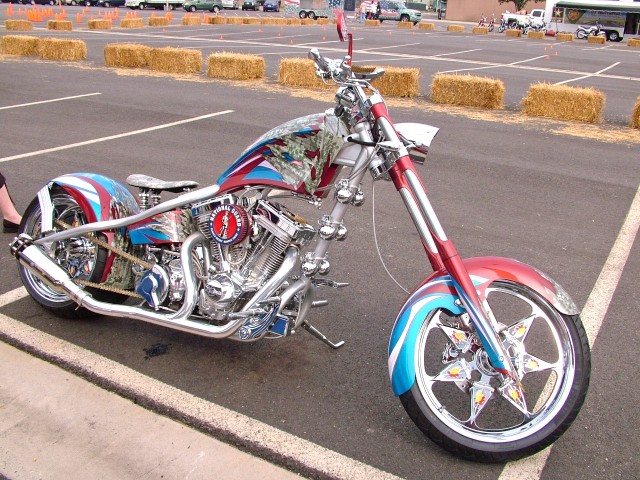
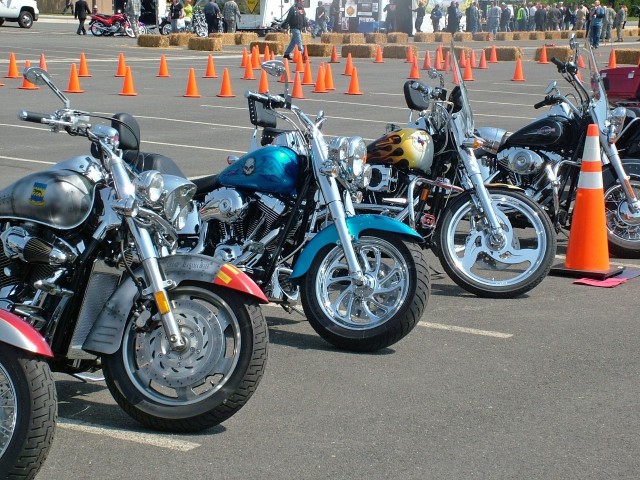
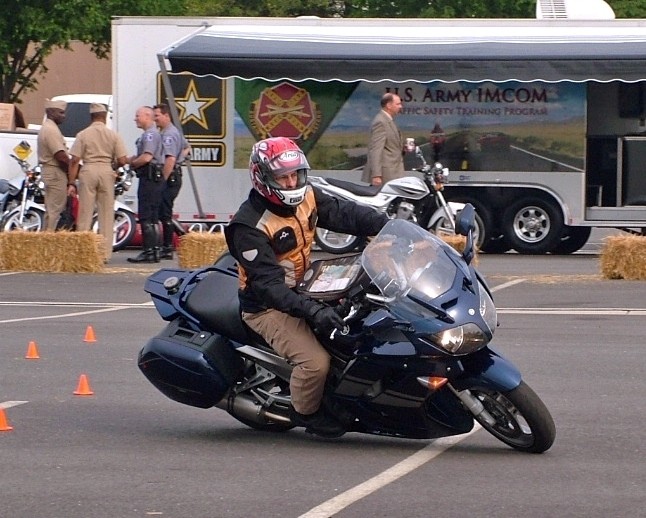



Social Sharing